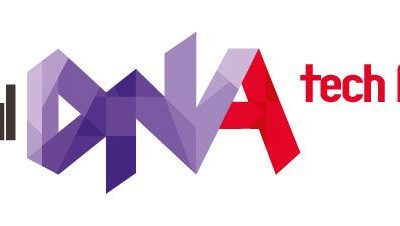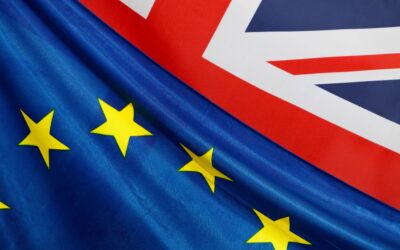On the long and winding road of the Northern Ireland Peace Process the most important lesson we learned was that such intractable, violent, political problems were a result of disturbed historic relationships between communities of people. The three key sets of...
Posts from category:

Lord Alderdice Blog: Why has this generation dropped the baton?
On the long and winding road of the Northern Ireland Peace Process the most important lesson we learned was that such intractable, violent, political problems were a result of disturbed historic relationships between communities of people. The three key sets of...
Digital DNA: Technology, social cohesion and peace advocacy
We are delighted to host a session on "Technology, social cohesion and peace advocacy" during Digital DNA. In this digital age, technology is altering how we engage with the world, offering new avenues for social change. In this session we will explore how technology...
A Giant’s Cause: Solutions for Brexit | 11 May | QUB
The future relationship between the United Kingdom and the European Union remains open and one of the options floated has been for the UK to join the European Economic Area (EEA) on the EFTA side. The EEA extends the EU’s Single Market to three EFTA countries: Norway,...


